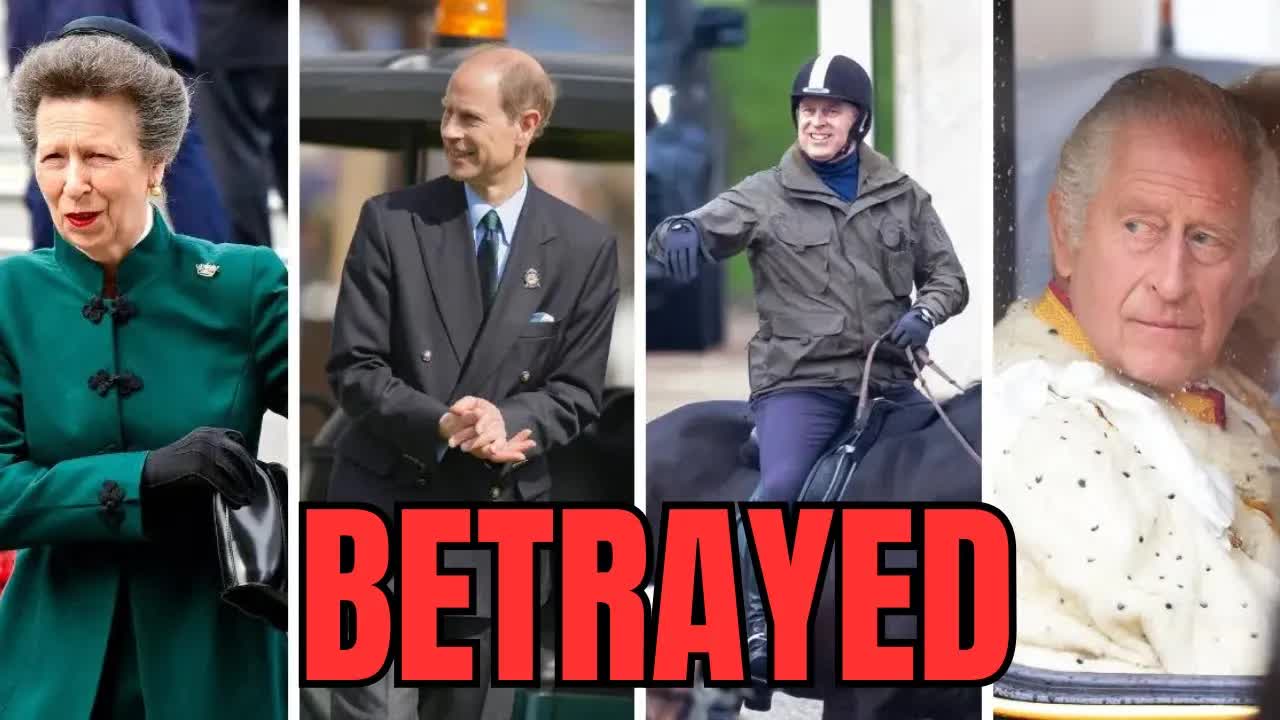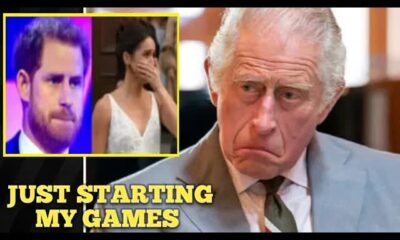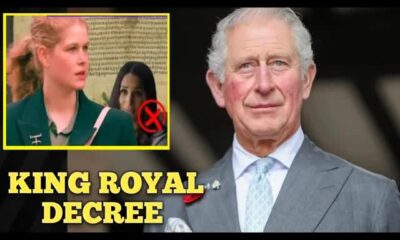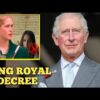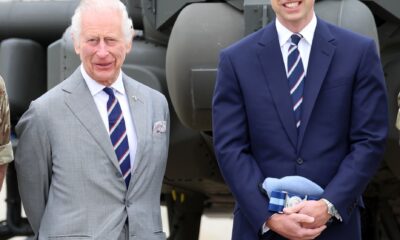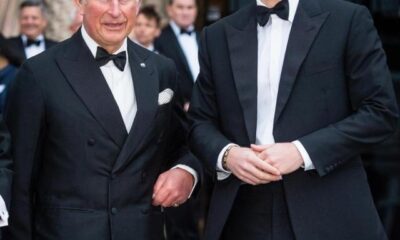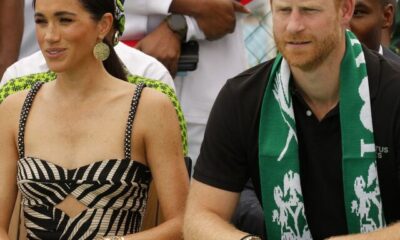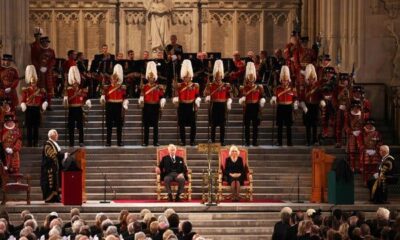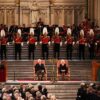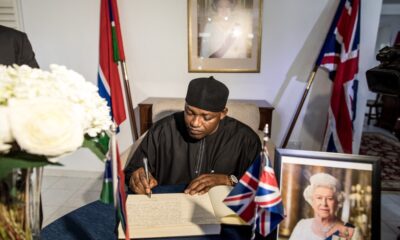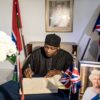The News
Royal Family Drama: King Charles III Faces Off Against His Own Siblings
In a shocking twist of events, the British royal family is embroiled in what could be one of its most significant feuds yet.
Once a bastion of unity, the House of Windsor now finds itself divided, with King Charles III at odds with his own siblings, Princess Anne and Prince Edward.
The catalyst for this turmoil?
The Royal Lodge—a grand estate in Windsor that has long been the residence of Prince Andrew, the Duke of York.
The Royal Lodge has become a focal point of conflict, not merely over property but over deeper issues of loyalty, power, and the future of the monarchy itself.
King Charles has made it clear he wants his brother Andrew out of the lavish estate, especially following Andrew's public disgrace stemming from a series of scandals.
The fallout from a disastrous interview and serious allegations of misconduct have left Andrew's standing within the family precarious at best.
What initially seemed like a simple eviction has morphed into a complex family crisis.
Royal insiders reveal that Princess Anne and Prince Edward are rallying behind Andrew, creating an unexpected alliance that threatens to fracture the family further.
Their support isn't merely about sticking up for their brother; it also reflects their desire to maintain stability in their own lives.
Both Anne and Edward have secure homes—Anne resides at Gatcombe Park while Edward calls Bagshot Park home, both properties held on long leases from the Crown Estate.
Moving into the Royal Lodge would disrupt their established lives and complicate family dynamics, something they appear to want to avoid at all costs.
Complicating matters even further, King Charles has recently dismissed Andrew's security team at the Royal Lodge, leading many to speculate that Andrew's days there are numbered.
Yet, bolstered by the support of his siblings, Andrew seems unwilling to budge.
He appears determined to hold onto the Royal Lodge, which is considered one of the crown jewels of royal residences.
Royal author Richard Kaye suggests that this standoff may drag on indefinitely, as Andrew remains resolute in his desire to stay put.
Meanwhile, the public is closely monitoring this unfolding drama, with royal commentators weighing in on the potential ramifications of this family feud.
Christopher Anderson, another noted royal author, has expressed skepticism regarding King Charles's ability to engage in a lengthy battle with his brother, especially given his reported health issues and the challenges posed by his daughter-in-law, Kate Middleton.
Nevertheless, the king's commitment to resolving what he sees as a pressing issue remains steadfast.
Charles's determination stems from Andrew's tarnished reputation and the ongoing implications of his past associations, particularly with convicted s– offender Jeffrey Epstein.
The king's reluctance to allow Andrew to continue his presence within the royal family is understandable, considering the damage Andrew has done to the monarchy's image.
As the struggle for control over the Royal Lodge intensifies, the stakes have never been higher.
The consequences of this feud extend beyond the immediate family members involved.
If Anne and Edward continue to support Andrew, the king might face a full-blown sibling revolt, an unprecedented scenario in modern royal history.
Such a rebellion could have profound implications for the monarchy.
Public confidence in the institution is already shaky, and any visible internal divisions could further erode that trust.
As the royal family grapples with these issues, the world watches closely, eager to see how this high-stakes drama will unfold.


